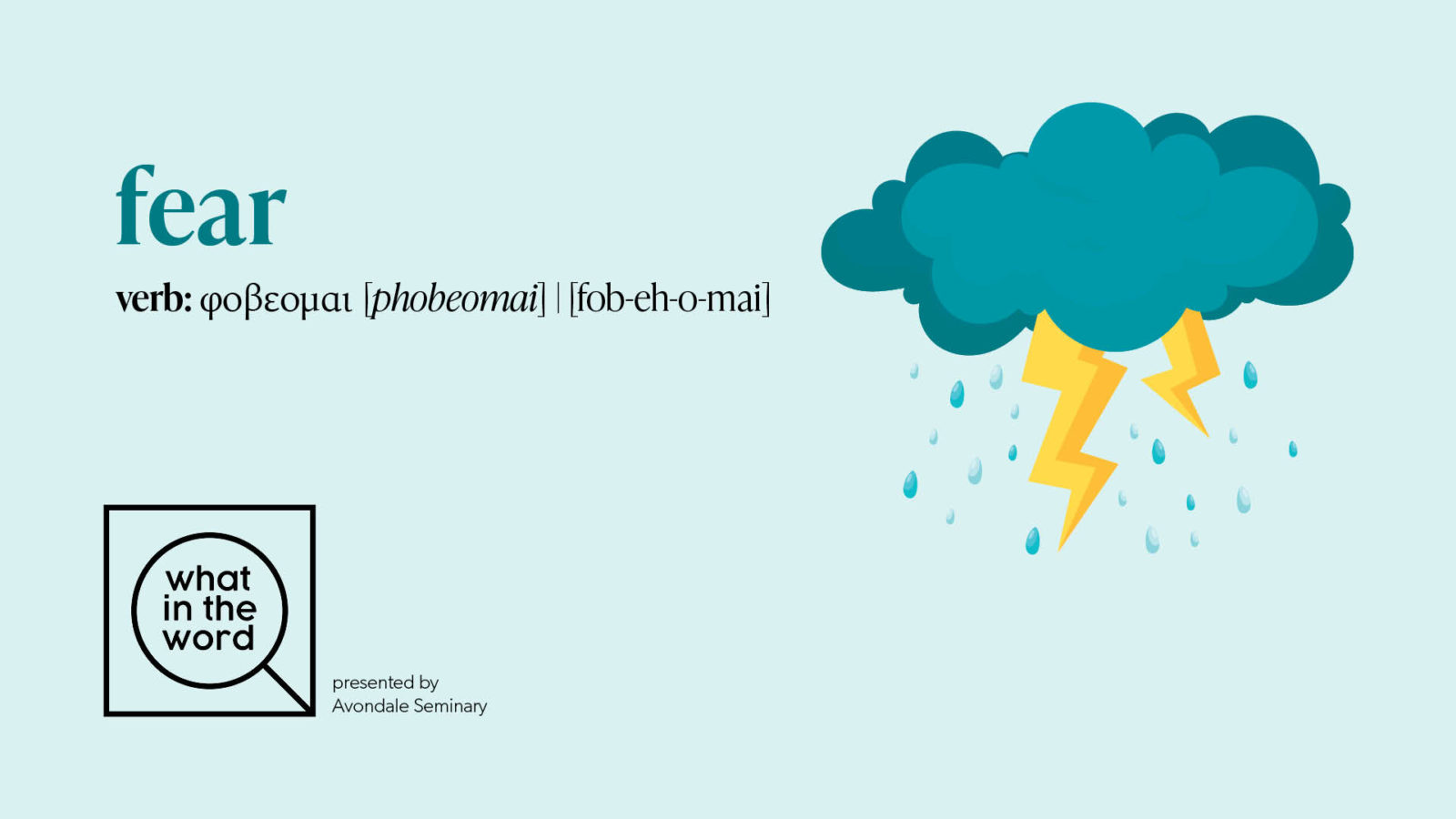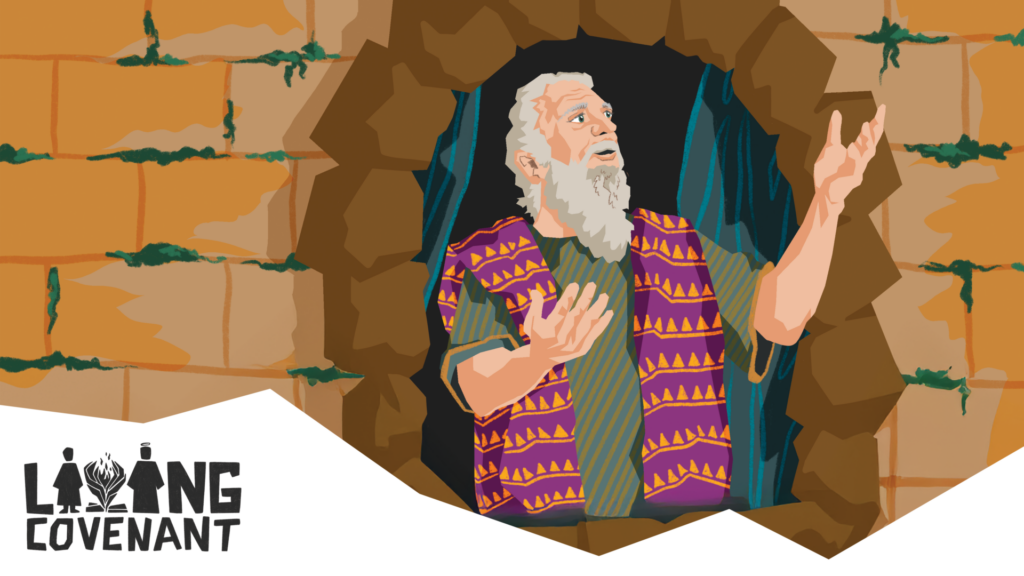What are you afraid of? Some fears are minor irritants; others reduce lives to chaos. The modern word for such fear, “phobia”, is a direct descendant of the ancient Greek verb phobeomai and the related noun phobos.
The ancient world was dominated by fear. Disease, accidents, crime, wars and disasters made life uncertain—and usually short. The “fear of death” subjected people “to lifelong slavery” (Hebrews 2:14).
Augustus’ pax Romana—the Roman peace—brought respite from some dangers. But it was neither absolute, nor permanent. The ancient world was really dominated by fear of the supernatural—gods, spirits, fate—all of which could be capricious and cruel. People tried to appease the gods with sacrifice, hoping for the best.
The New Testament here exhibits striking realism: it uses phobeomai 94 times, and phobos an additional 45 times. Many of the uses are straightforward—noting what people feared: kings on their thrones (Matthew 1:20); the mob in the street (Matthew 14:5; Mark 11:18, 32; Acts 5:26); harsh slave masters (Matthew 25:25; Luke 19:21); persecutors (Luke 20:19; John 9:22); storms and shipwreck (Matthew 14:30; Acts 27:17).
The supernatural was the main cause of fear in the New Testament. Healings (Matthew 9:8; Luke 5:26) and exorcisms (Mark 5:15; Luke 8:35, 37) evoked fear. (Even those healed were sometimes afraid, Mark 5:33). Likewise, Jesus’ walking on the water (John 6:19), His stilling of the storm (Luke 8:25), the transfiguration (Matthew 17:6) and the appearance of angels (Luke 1:12; 2:9) aroused fear. But Christ’s resurrection especially evoked fear—in the guards (Matthew 28:4) and in the women who came to tend to His body (Matthew 28:8; Mark 16:8).
It is not surprising that one of Jesus’ most common refrains was “Do not be afraid”, sometimes as part of a general exhortation (Matthew 10:26, 31; Mark 5:10; 12:7; Luke 12:4). At other times, it was a response to specific fears aroused by His miraculous acts (Matthew 17:7; 28:10; John 6:20). Those in need of His help were encouraged not to be afraid (Mark 5:36). But the opposite of fear was not “bravery” but “faith” (Luke 8:40).
There is an irony in the text: the same Jesus, who calms His disciples’ fears by reassuring them, “Fear not, little flock, for it is your Father’s good pleasure to give you the kingdom” (Luke 12:32) also urges them to “fear him who can destroy both soul and body in hell” (Matthew 10:28). Salvation is sure—beyond all fear!—as long as we let Jesus lead, but to reject Him means that judgement is certain and fear is warranted.
Although there is no fear in love (1 John 4:18), Christian wives are to “fear” their husbands (Ephesians 5:33) and this fear may win their pagan husbands to Christ (1 Peter 3:2)! Here “fear” has the sense of “respect” (Romans 13:7).
Christians know the “fear of God” (2 Corinthians 5:11); bring their holiness to completion in this fear (2 Corinthians 7:1); submit to one another “in the fear of Christ” (Ephesians 5:21) and are to show mercy “with fear” (Jude 23). They are exhorted to “fear God” (Revelation 14:7). To fear God is a good thing (Acts 10:35; Colossians 3:22) and to not fear God is a bad thing (Luke 18:2, 4; Romans 3:18). The meaning here is not “to be afraid” because such fear is directly linked with “the comfort of the Holy Spirit” (Acts 9:31). This “fear” comes from realising the greatness of God, the incomprehensible distance between Him and His creation, bridged only because He has drawn near to us. God is not to be casually used and then neglected. Rather He desires a relationship with us. To “fear God” means to continue to remember who He is: The Almighty—even though He loves us with unimaginably costly love.
So, what are you afraid of? Whatever it might be, God is beyond it and above it! Know Him—“fear Him”—and all other fears are given their true perspective.
Dr David Thiele is a conjoint senior lecturer of the Avondale University theological seminary.






